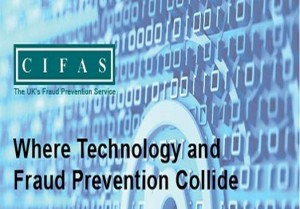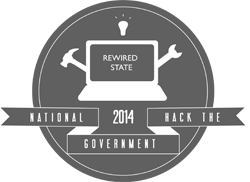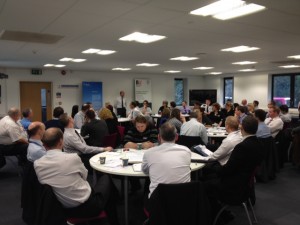 Staff and students are invited to join us for the next cyber security seminar on:
Staff and students are invited to join us for the next cyber security seminar on:
‘Secure and cross border digital identity: issues and perspectives’
Tuesday 25th November, 4pm – 5pm
Room: P335
The talk will discuss requirements, issues and perspectives for an interoperability solution that allows citizens and organizations to establish new e-relations across borders, just by presenting their national eID.
Our speaker will be Dr Andrea Atzeni, from the “Dipartimento di Automatica e Informatica, Politecnico di Torino” who is based in the TORSEC Security group.
Dr Atzeni’s work addresses the definition of security requirements and mobile security, plus, investigation and modelisation of user expectation on security and privacy; risk analysis and threat modeling for complex cross-domain systems; specification of functional and security architectures; development of cross-domain usable security; development and integration of cross-border authentication mechanisms (including legal and technical issues).
















 Second NIHR MIHERC meeting in Bournemouth this week
Second NIHR MIHERC meeting in Bournemouth this week Dr. Ashraf cited on ‘Modest Fashion’ in The Guardian
Dr. Ashraf cited on ‘Modest Fashion’ in The Guardian NIHR-funded research launches website
NIHR-funded research launches website MSCA Postdoctoral Fellowships 2025 Call
MSCA Postdoctoral Fellowships 2025 Call ERC Advanced Grant 2025 Webinar
ERC Advanced Grant 2025 Webinar Horizon Europe Work Programme 2025 Published
Horizon Europe Work Programme 2025 Published Horizon Europe 2025 Work Programme pre-Published
Horizon Europe 2025 Work Programme pre-Published Update on UKRO services
Update on UKRO services European research project exploring use of ‘virtual twins’ to better manage metabolic associated fatty liver disease
European research project exploring use of ‘virtual twins’ to better manage metabolic associated fatty liver disease